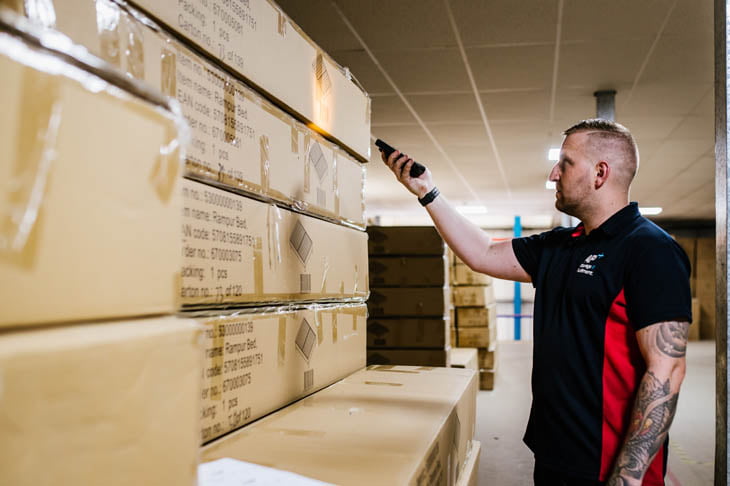
Reverse logistics services are becoming increasingly important in shaping a more sustainable future, as companies are looking for ways to reduce waste and minimize their environmental impact. These services focus on managing the return of products from consumers to the manufacturer, with the goal of reusing, refurbishing, or recycling materials to minimize waste. By incorporating reverse logistics into their operations, companies can not only reduce their carbon footprint but also improve their overall sustainability practices.
One of the key benefits of reverse logistics services is the ability to extend the life cycle of products. Instead of ending up in a landfill, products that are returned to the manufacturer can be refurbished and resold, or their materials can be recycled and used to create new products. This not only helps to reduce waste but also conserves valuable resources that would otherwise be used to manufacture new products. By making use of reverse logistics services, companies can create a more circular economy where products are kept in use for as long as possible, thus reducing the need for new production and minimizing the environmental impact.
In addition to reducing waste, reverse logistics services also help companies to save money and improve their bottom line. By refurbishing and reselling returned products, companies can recover some of the value of these items rather than incurring a total loss. This can help to offset the costs of managing returns and logistics, making it a more cost-effective solution for companies in the long run. Furthermore, by incorporating sustainable practices into their operations, companies can also attract environmentally conscious consumers who are increasingly looking to support brands that prioritize sustainability.
Reverse logistics services are also beneficial for the environment as they help to reduce greenhouse gas emissions and energy consumption. By reusing materials and products, companies can lower their overall carbon footprint and decrease the demand for new resources. This can have a significant impact on reducing the environmental impact of the manufacturing industry, which is one of the largest contributors to carbon emissions globally. By adopting reverse logistics services, companies can play a vital role in mitigating climate change and promoting a more sustainable future.
Furthermore, reverse logistics services can help companies to comply with regulations and meet sustainability goals set by governments and industry organizations. As environmental concerns become more pressing, governments are implementing stricter regulations on waste management and resource utilization. By incorporating reverse logistics services into their operations, companies can ensure that they are compliant with these regulations and demonstrate their commitment to sustainability. This can also help companies to stay ahead of the competition and maintain a positive brand image in the eyes of consumers.
Overall, reverse logistics services are shaping a more sustainable future by helping companies to reduce waste, save money, and lower their environmental impact. By extending the life cycle of products, companies can minimize the need for new production and conserve valuable resources. This not only benefits the environment but also contributes to a more circular economy where products are reused and recycled to create new value. With the increasing focus on sustainability, reverse logistics services are becoming an essential part of operations for companies looking to thrive in a more environmentally conscious world.
